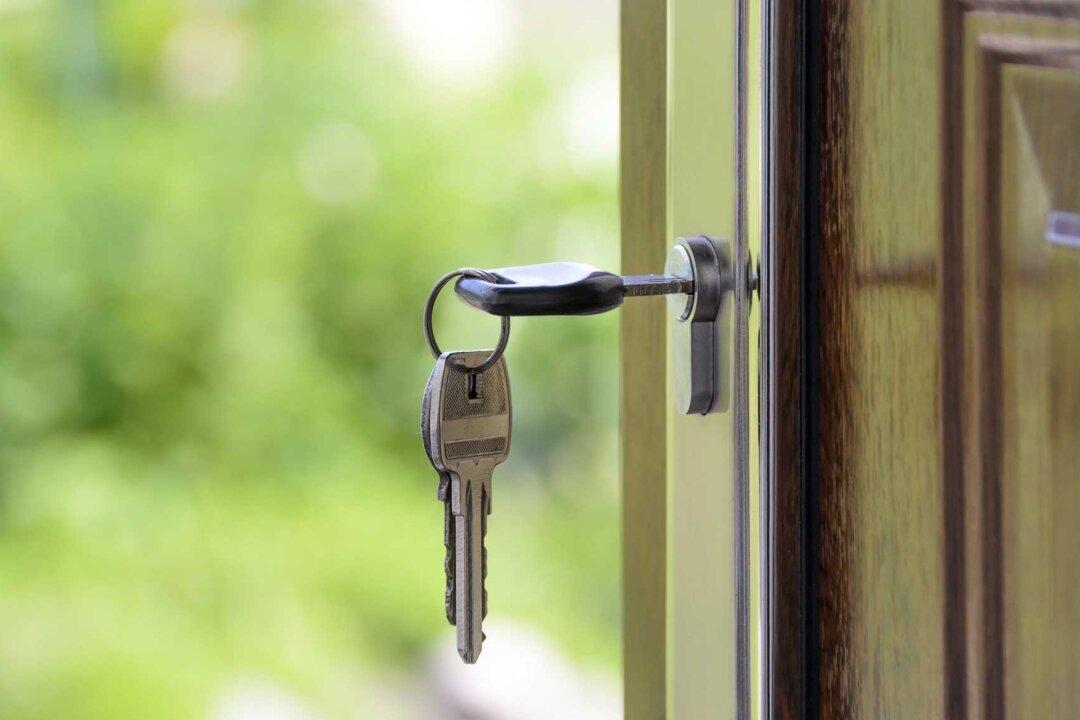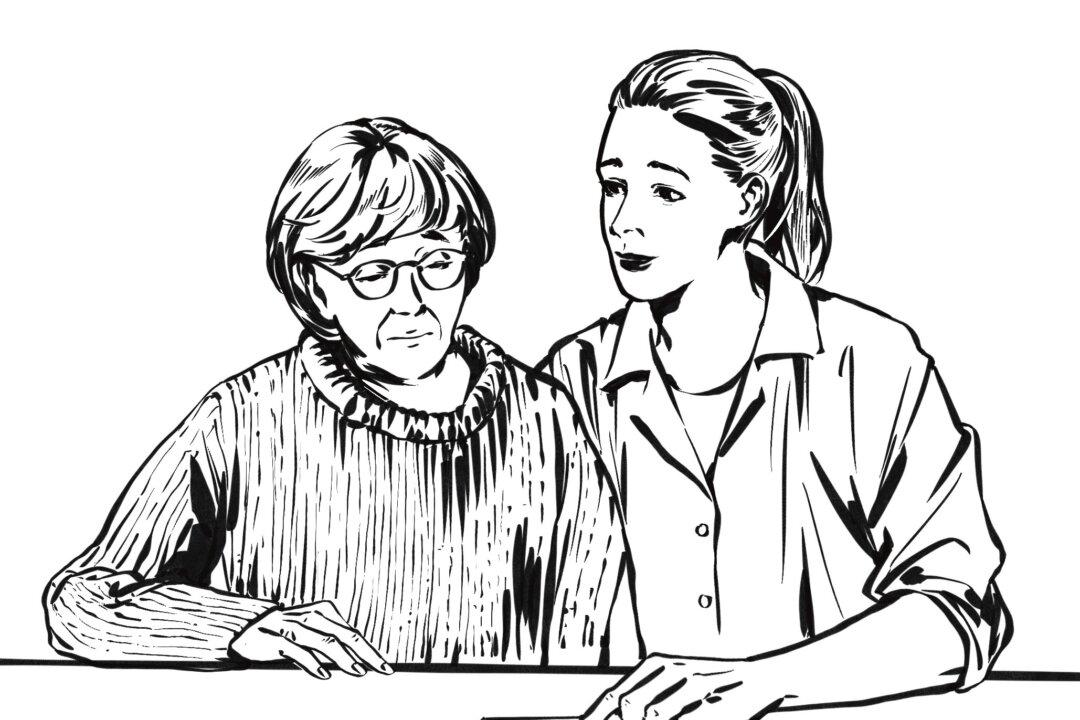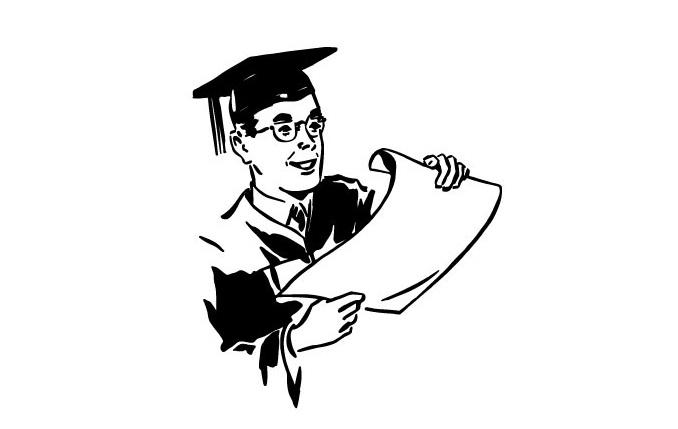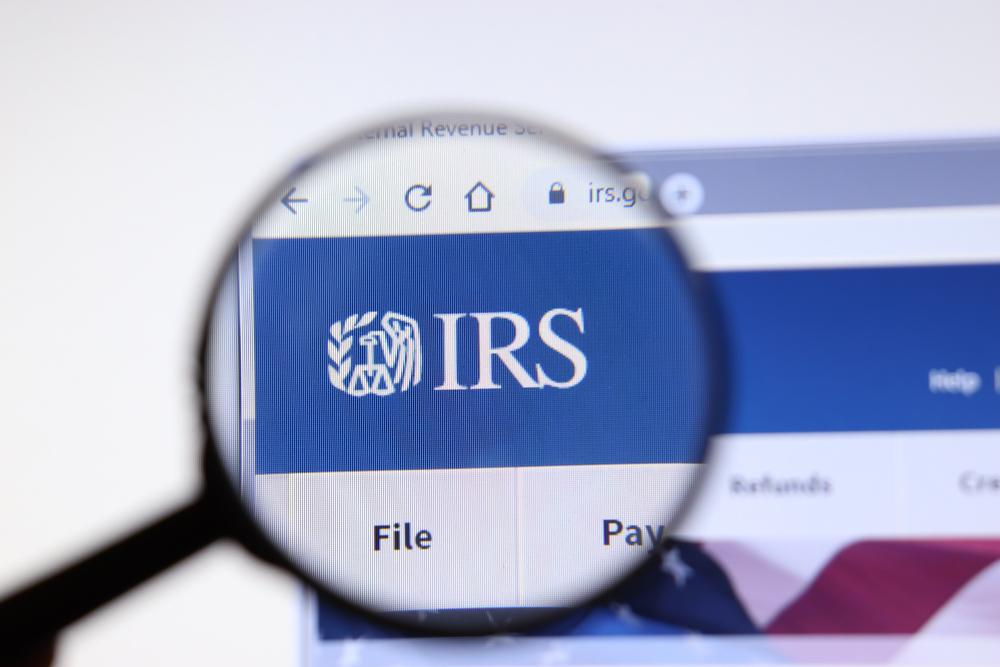Dear Dave,
My husband and I are on Baby Step 2, and we’ve paid off about $30,000 in consumer debt since March. We were wondering if we should refinance our mortgage. Our current rate is 4.875 percent, with 28 years remaining on the loan. We found a 15-year refinance at 2.5 percent, which would raise our monthly payments about $200, but we can handle that. We have $150,000 in equity in our home and about $207,000 left on the loan. What do you think we should do?





